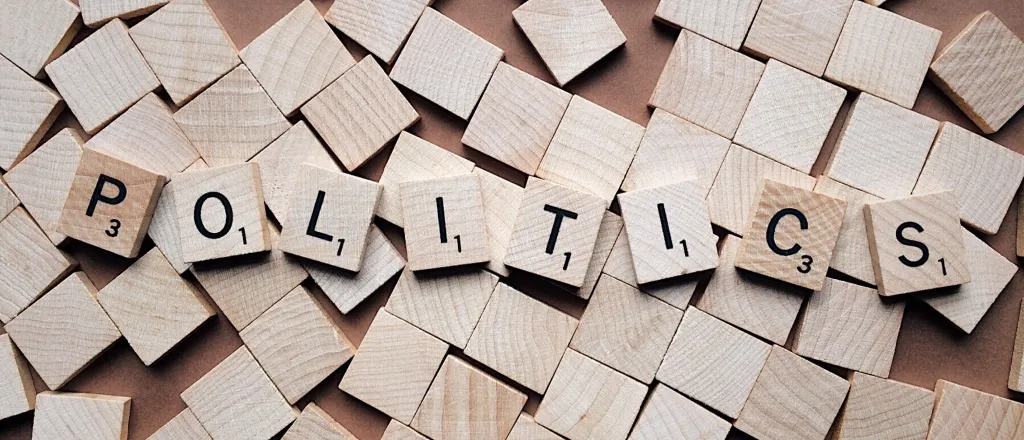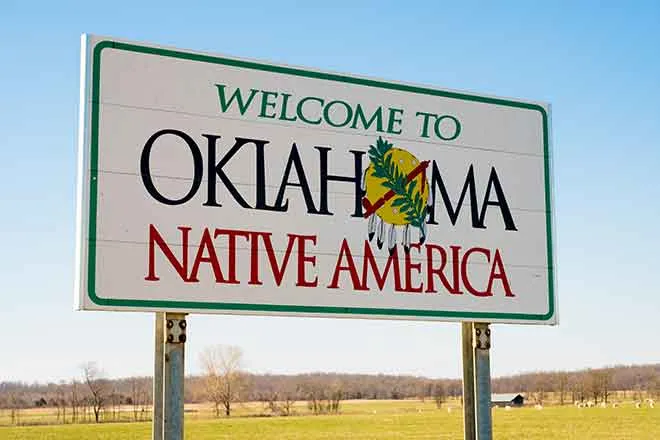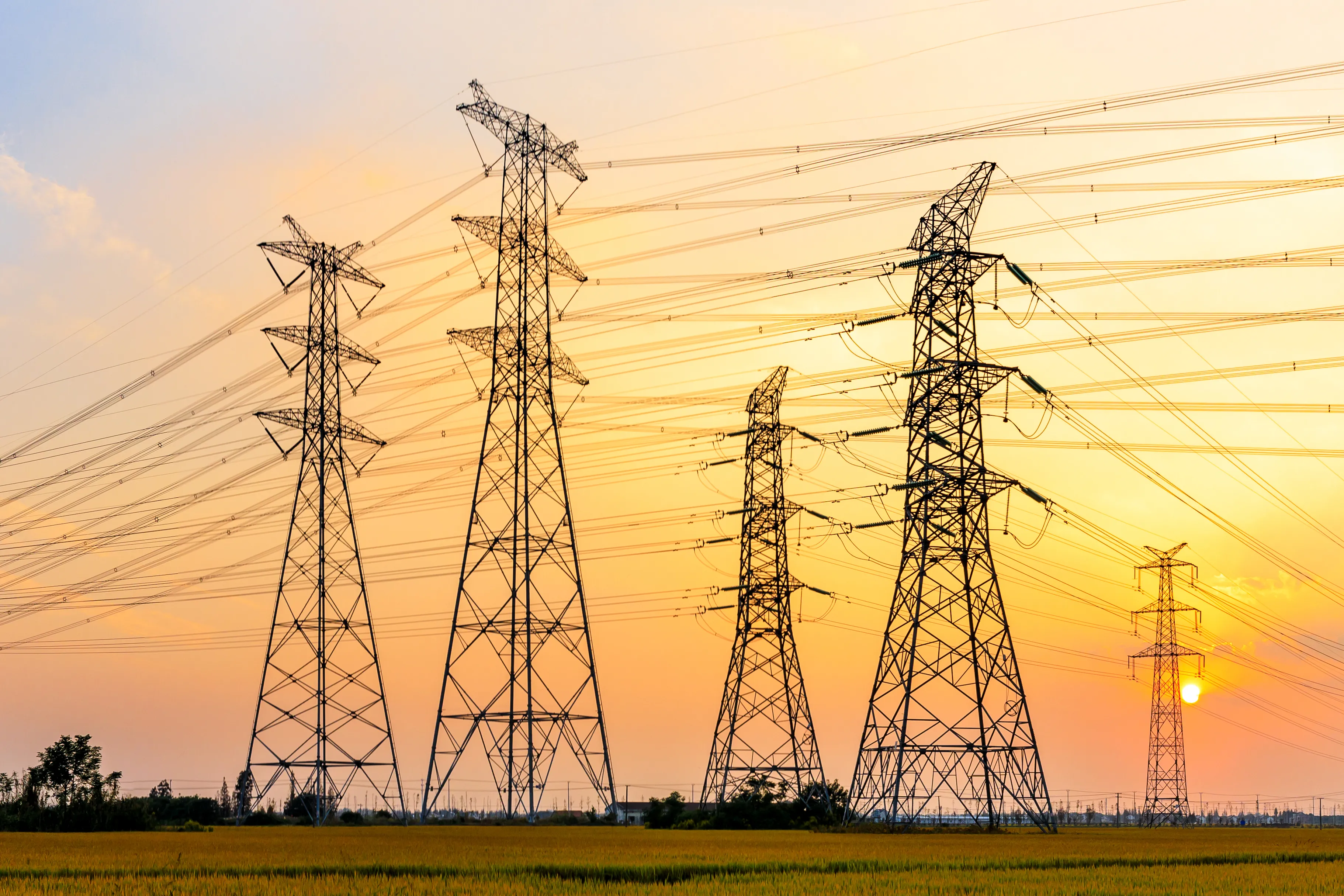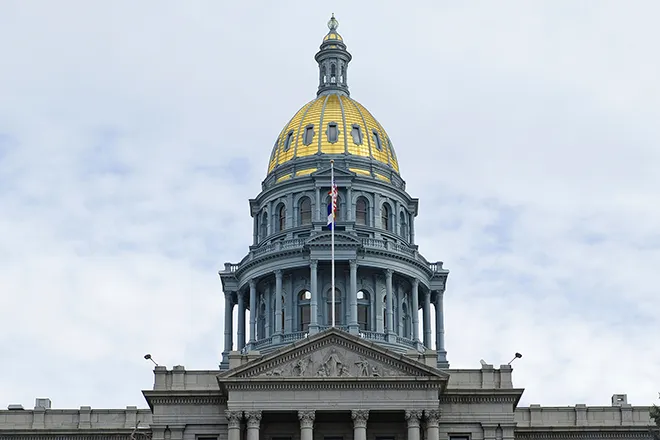
Politics: 2024Talks - June 20, 2024
Politics and views in the United States.
Former President Donald Trump says he loves Milwaukee, civil rights groups reject designated protest zones for the RNC convention and a New York Equal Rights Amendment is restored to the November ballot.
TRANSCRIPT
(clock ticking)
Welcome to 2024 Talks, where we're following our democracy in historic times.
They say, "Oh, he doesn't like Milwaukee."
I love Milwaukee.
I said, "You gotta fix the crime, we all know that.
"You gotta make sure the election's on us."
Former President Donald Trump tells supporters outside Milwaukee he not only loves the city, but he chose it to host next month's Republican National Convention.
Trump reportedly called Wisconsin's largest city horrible at a recent meeting with House Republicans.
The convention is the middle of next month, just after Trump's sentencing in his New York hush money case, and three weeks after the first debate.
Meanwhile, activist groups are suing Milwaukee over the convention's designated protest zones, claiming they restrict their First Amendment rights.
Protesters want to gather within sight of the Fiserv Forum, but a city ordinance would prevent that.
Milwaukee Mayor Cavalier Johnson says he's listening to all sides.
The demonstrators wanna be on stage in Fiserv Forum, and the RNC would rather that they be on the moon.
We need to strike a balance and have a place that's reasonable, and so we'll make the right decision on that.
One group, the Coalition to March on the RNC, says it plans to march its protest route regardless of the lawsuit's outcome.
Chicago officials are also negotiating protest routes with groups that sued after their protest permits were denied for the Democratic Convention in August.
A New York appeals court has ruled a constitutional amendment to enshrine abortion rights and ban discrimination based on gender identity can appear on the November ballot.
A state Supreme Court judge had previously ruled the legislature did not follow required procedures to put the Equal Rights Amendment before voters, but state Senator Liz Krueger says the protections are long overdue.
Guess what we've learned recently?
The courts can change, and suddenly protections you thought you had because of court cases aren't there anymore.
The Justice Department says new Alabama restrictions on voter assistance may discriminate against people with disabilities.
A new law bans anyone other than close family members from helping with an absentee ballot.
The law's backers say it prevents undue influence over voting.
But Allison Mohlman with the ACLU of Alabama says even providing a stamp could be prosecuted as a crime.
Although we've been told this is about ballot harvesting, it's about punishing neighbors for helping each other in this state, and that can't stand.
Federal law allows voters with disabilities to get help from whoever they choose.
Laws limiting voter assistance face court challenges in several states, and the DOJ is looking at one in Ohio.
And finally, Louisiana has become the first state to require the 10 Commandments be displayed in public school classrooms.
Supporters call the religious text a foundational document for the nation, but state Senator Roy Stuplissus tells CBS that lawsuits are likely.
You don't have to be a constitutional scholar to see that this is problematic and it flies in the face of the First Amendment.
I'm Catherine Carley for Pacifica Network and Public News Service.
Find our trust indicators at publicnewsservice.org.
















